From childhood we were always advised to drink milk. Milk fills the calcium deficiency of the body and it also strengthens the bones.
Milk is definitely healthy. But it would be wrong to call it the best source of calcium. A 250 ml glass contains about 300 milligrams of calcium, which meets only 25 percent of the daily requirement of calcium whereas your body needs about 1000-1200 milligrams of calcium daily.
Your body needs calcium to build and maintain strong bones. Your heart, muscles and nerves also need calcium to function properly. Some studies suggest that calcium, along with vitamin D, may have benefits beyond bone health: perhaps protecting against cancer, diabetes and high blood pressure. Calcium-rich foods are protective to your cardiovascular system as well.
Many brands of orange juice are labeled “calcium-fortified” and will give you 261 mg of calcium in just a 6 oz. serving. Most cereals are calcium-fortified as well, and can add another 100 mgs or more, making cereal one of the best calcium-rich foods.
Getting your calcium intake from calcium-rich foods may be the most beneficial way to do it. You’ll find a surprising number of choices beyond dairy products. Let’s take a look at the foods that contain more calcium than milk.
Tofu:
Tofu is soya paneer. 200 grams of tofu contains about 700 milligrams of calcium. You can also include it in your meals as a vegetable or salad. Apart from this, protein, magnesium and phosphorus are also found in tofu.
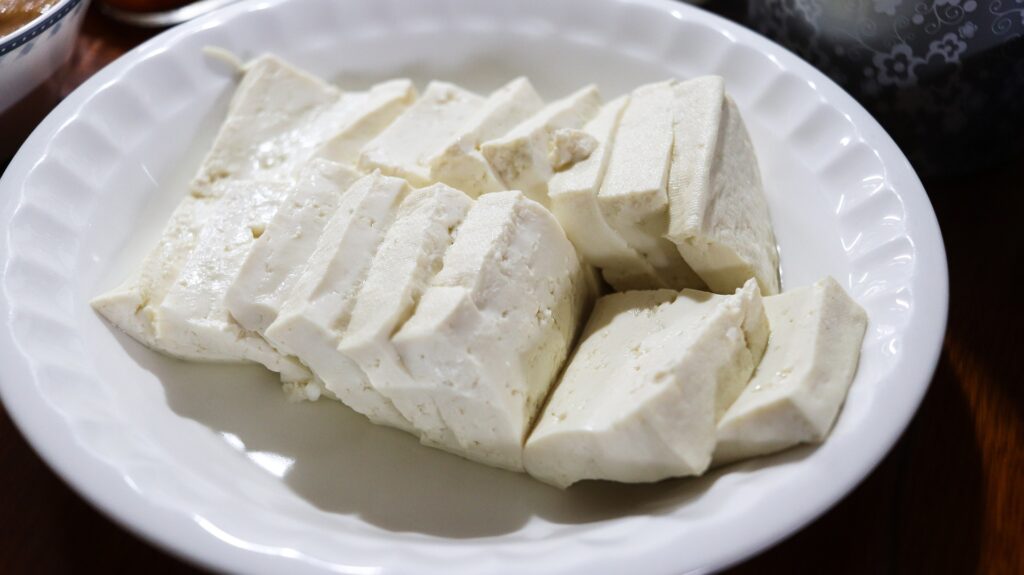
Tofu contains several anti-inflammatory, antioxidant phyto-chemicals making it a great addition to an anti-inflammatory diet. Tofu is also a good source of ‘complete’ protein. It has a well balanced amino acid profile – in addition to fiber, potassium, magnesium, iron, copper and manganese.
Read Also This: Healthy Eating For a Happy Heart
Almonds:
Eating 200 grams of almonds will give your body about 520 milligrams of calcium. You can use almonds in different ways. Eating soaked almonds in the morning will greatly benefit your body.
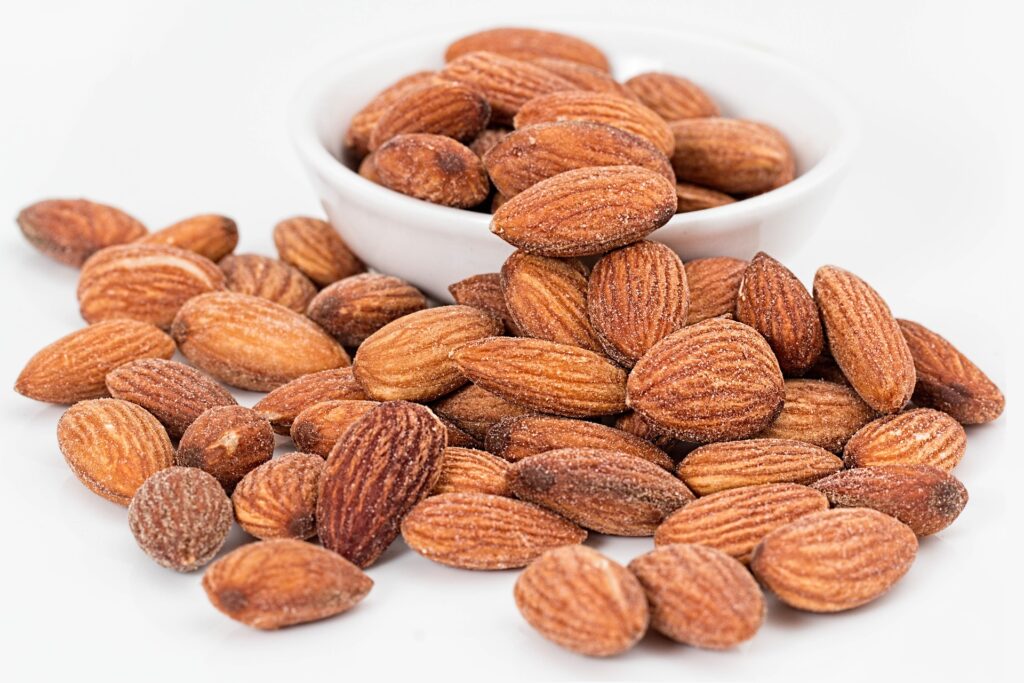
Almonds are rich in valuable nutrients for your body, like magnesium, vitamin E, and dietary fiber. A single serving of almonds makes for a nutritious and filling snack. Almonds have calcium and phosphorus, which improve bone health and can protect you from fractures.
Yogurt:
By eating a cup of plain yogurt, our body gets about 300-350 mg of calcium. You can have it anytime for breakfast, lunch or dinner.
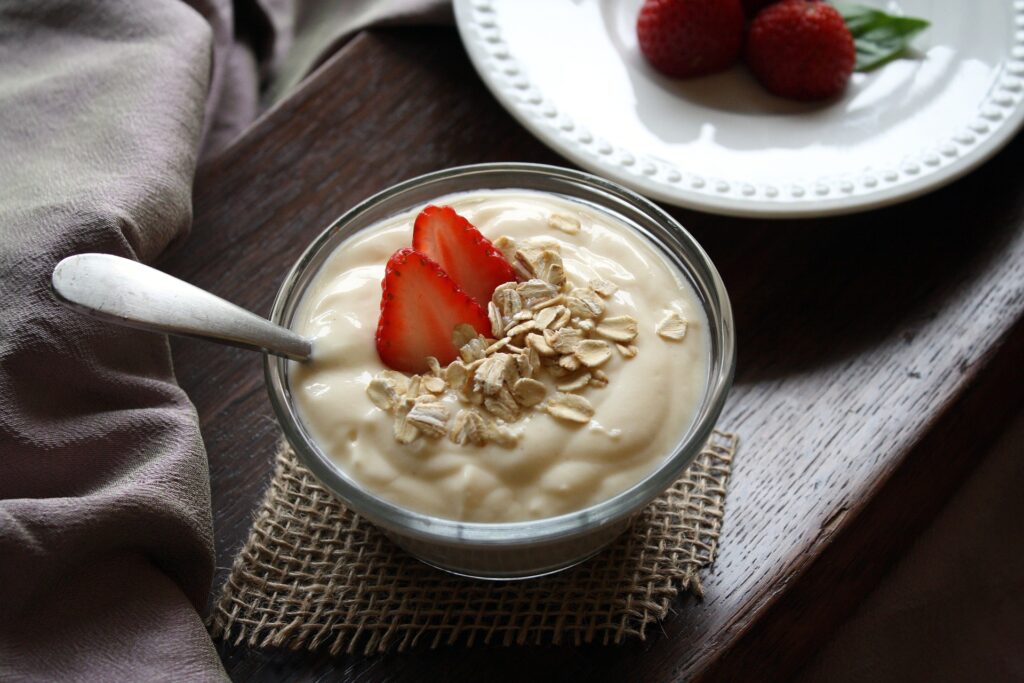
Yogurts can be high in protein, vitamins, and live culture, or probiotics, which can enhance the gut microbiota. These can offer protection for bones and teeth and help prevent digestive problems. Low-fat yogurt can be a useful source of protein on a weight-loss diet. Probiotics may boost the immune system.
Sesame seeds:
Four spoons of sesame seeds provide 350 mg of calcium in the body. You can add sesame seeds to the salad to enhance its taste. Apart from this, you can also mix it in laddu or halwa.
Sesame seeds are a good source of healthy fats, protein, B vitamins, minerals, fiber, antioxidants, and other beneficial plant compounds. Regularly eating substantial portions of these seeds may aid blood sugar control, combat arthritis pain, and lower cholesterol.
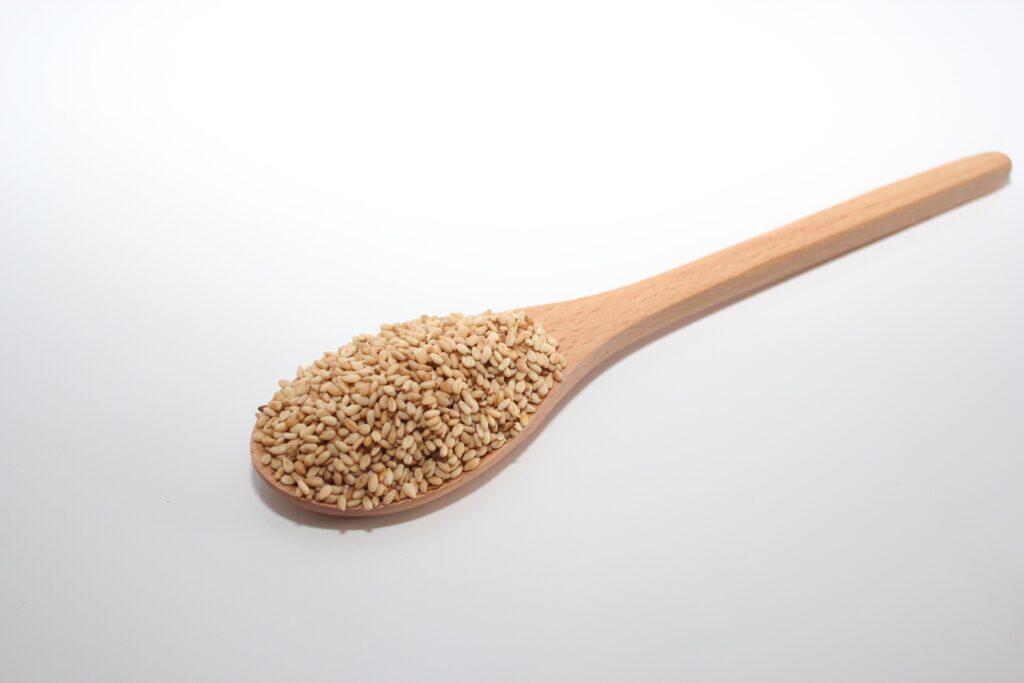
Chickpeas:
Chickpeas (Kabuli Chana) is not only delicious but also fulfills the calcium deficiency. Two cups of kabuli chana contains about 420 milligrams of calcium. You can eat it with masala curry, mixed veg or salad. Kabuli chana also contains a good amount of fiber and magnesium.
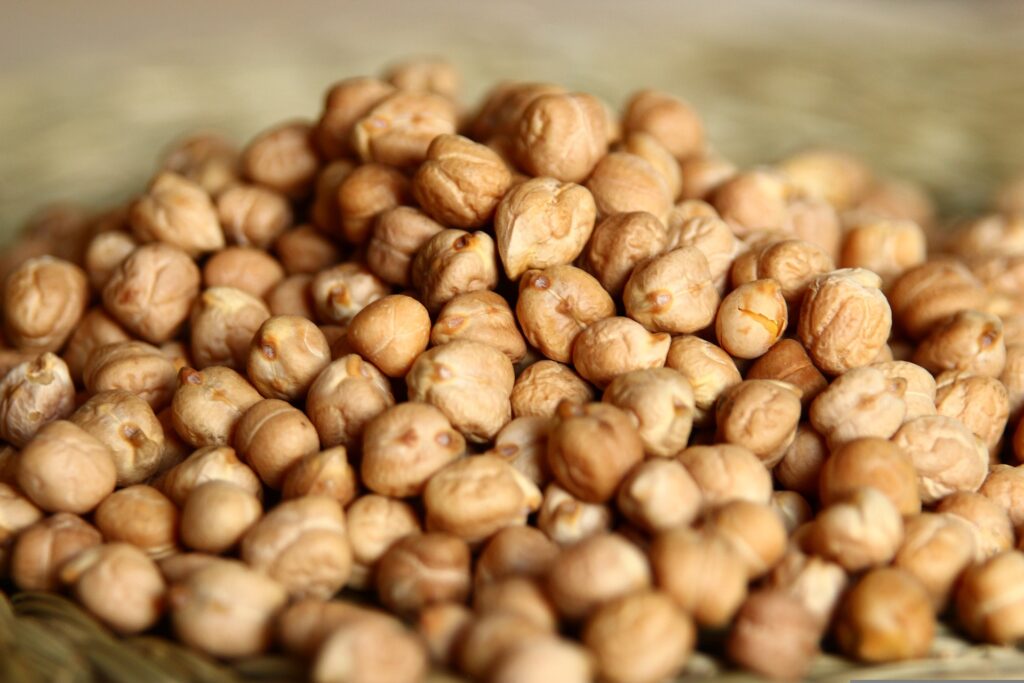
Chickpeas are high in dietary fiber, especially a soluble fiber called raffinose. They help with digestion. They could boost your mental health.
Chia seeds:
By eating four spoons of chia seeds, the body gets about 350 milligrams of calcium. Mix chia seeds in a glass of water and let it soak for about an hour. By drinking this, your body gets plenty of calcium.
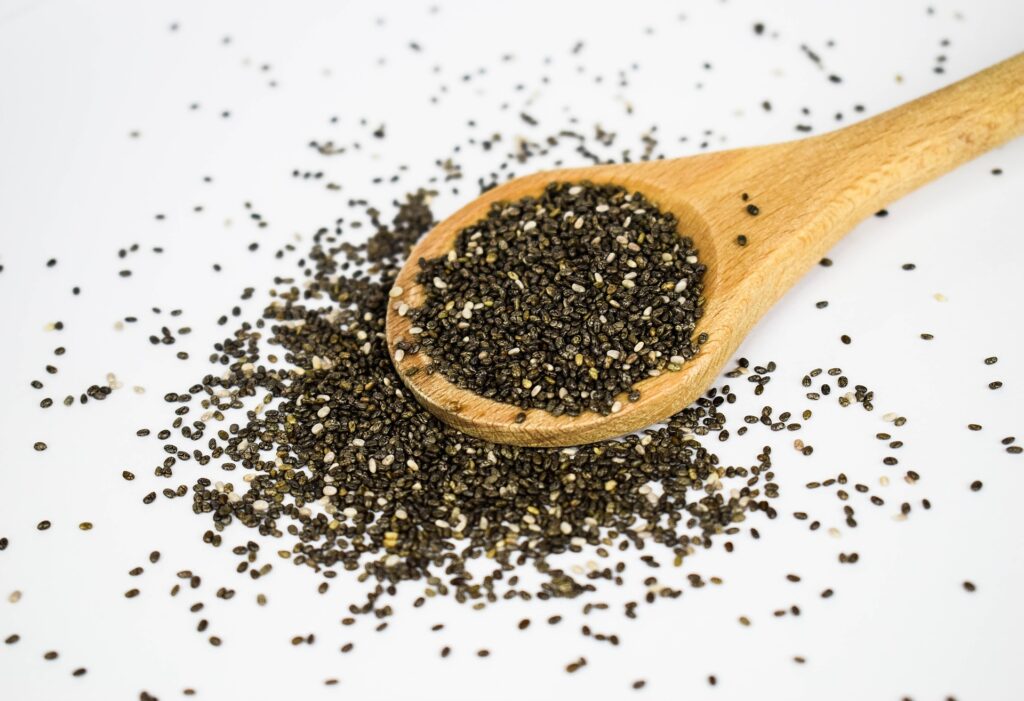
Chia seeds contain quercetin, an antioxidant that can reduce your risk of developing several health conditions, including heart disease. The seeds also high in fiber, which can help to lower high blood pressure and, in turn, reduce your risk of developing heart disease. Chia seeds are high in fiber.
Millet:
Millet is a good source of calcium. About 365 milligrams of calcium is found in 100 grams of millet. It is better to consume millet only four times a week. You can make and eat millet bread, cakes and other foods.
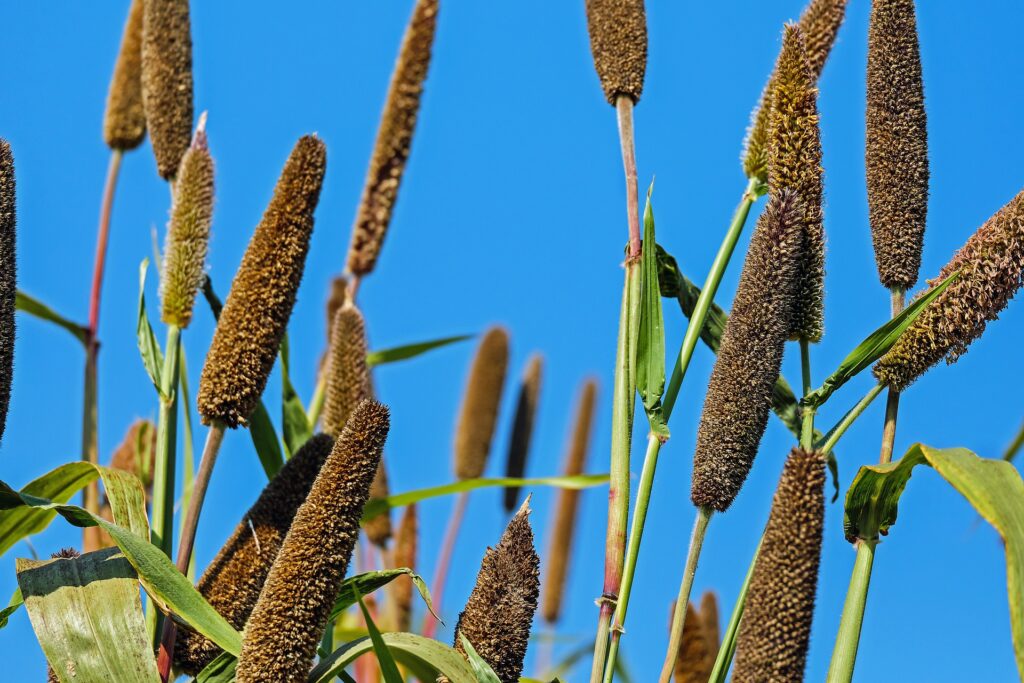
Millet is also a very good source of protein, fiber, key vitamins, and minerals. The potential health benefits of millet include protecting cardiovascular health, preventing the onset of diabetes, helping people achieve and maintain a healthy weight, and managing inflammation in the gut. Millet is an adaptable grain.

